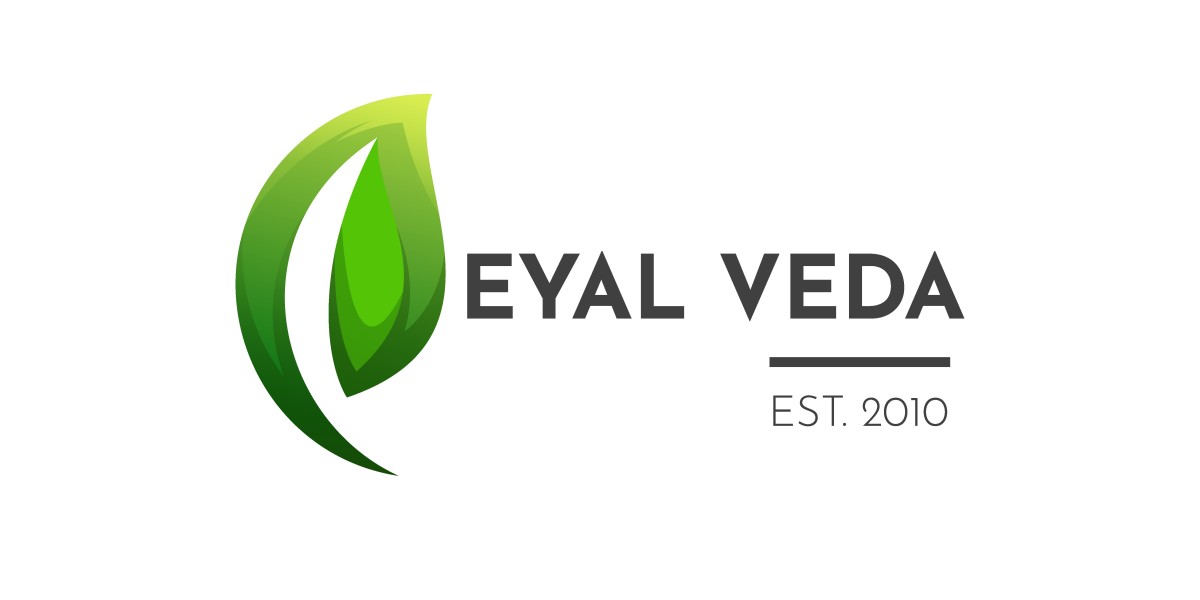The National Disability Insurance Scheme (NDIS) is a government initiative designed to provide support to Australians living with disabilities. Since its introduction, the NDIS has transformed the way disability services are delivered, ensuring individuals have the opportunity to live independently and participate fully in the community. For participants in Melbourne, the role of NDIS providers is crucial in helping them access the services they need.
What Is an NDIS Provider?
An NDIS provider is an individual or organization registered to deliver support and services to NDIS participants. Providers can range from large organizations to smaller local entities or even sole traders. They offer a wide variety of services, such as support coordination, therapy, personal care, transportation, and home modifications.
Being an NDIS provider means adhering to strict standards and compliance requirements set by the NDIS Quality and Safeguards Commission. These regulations ensure that providers deliver high-quality, safe, and effective services to participants. While some providers are registered with the NDIS, participants may also opt for non-registered providers if they manage their own NDIS funding.
Types of Services Offered by NDIS Providers in Melbourne
Melbourne is home to a diverse array of NDIS providers, offering various services designed to meet the unique needs of each participant. These services typically fall into several broad categories:
1. Core Supports
Core supports are essential services that help participants with daily activities, including personal care, household tasks, and social participation. These services ensure that individuals can live independently and manage their daily routines. In Melbourne, many NDIS providers offer assistance with:
- Personal care: Help with bathing, dressing, grooming, and eating.
- Household tasks: Cleaning, cooking, and laundry.
- Social support: Assistance with attending community events or socializing with friends and family.
These core supports are often tailored to the participant’s specific needs and can be flexible in terms of timing and delivery.
2. Capacity Building Supports
Capacity building supports focus on developing the skills necessary for participants to live as independently as possible. These services may include educational programs, job readiness training, or even physical and mental health therapies. Some common examples of capacity-building supports offered by NDIS providers include:
- Support coordination: Helps participants navigate the NDIS and access the appropriate services for their needs.
- Allied health services: Therapy services such as physiotherapy, occupational therapy, speech therapy, and psychological support.
- Employment support: Assistance in finding and maintaining employment, including job training and workplace modifications.
Capacity building aims to empower individuals, allowing them to gain confidence and independence over time.
3. Capital Supports
Capital supports are designed for the purchase of assistive technologies and home or vehicle modifications that help participants improve their living situations. These could include:
- Assistive technologies: Devices such as wheelchairs, hearing aids, or communication aids that enable participants to perform tasks they might otherwise struggle with.
- Home modifications: Adjustments to a participant’s living environment, such as ramps, handrails, or modified bathrooms, to accommodate mobility or accessibility needs.
Providers in Melbourne may work closely with participants to assess their needs and deliver customized solutions that enhance their independence.
How to Choose an NDIS Provider in Melbourne
Choosing the right NDIS provider is a significant decision for participants and their families. The process can be overwhelming, given the sheer number of providers available in Melbourne. Here are some important factors to consider when selecting an NDIS provider:
1. Check Registration Status
While participants can choose between registered and non-registered providers, it’s important to know that registered providers are required to meet the strict standards set by the NDIS Quality and Safeguards Commission. This ensures a higher level of accountability and safety. If a participant manages their own NDIS funding, they may have the flexibility to work with non-registered providers, but it’s important to conduct thorough research in these cases.
2. Look for Specialized Services
Participants should consider providers that specialize in services specific to their needs. For example, if someone requires support with daily living activities, it’s essential to find a provider with experience in delivering personal care or household support. Additionally, those seeking therapies such as speech therapy or physiotherapy should look for providers with expertise in these fields.
3. Consider Location and Accessibility
Given that Melbourne is a large and sprawling city, location can be an important factor when choosing a provider. Providers who are close to a participant’s home or community may offer more convenient and timely services. Some providers also offer virtual consultations or mobile services, which can be beneficial for those with mobility challenges.
4. Evaluate Reputation and Reviews
It’s important to research the reputation of any provider before making a commitment. Participants and their families can ask for recommendations from other NDIS participants, look at online reviews, or check with advocacy organizations for trusted providers in the area. Reputation often reflects the quality and reliability of services, so it’s worth taking the time to investigate this thoroughly.
5. Assess Communication and Compatibility
Finally, it’s vital to choose an NDIS provider that understands the participant’s needs and communicates effectively. Participants should feel comfortable discussing their goals and challenges with their provider, as a strong working relationship is crucial for achieving positive outcomes. Compatibility in terms of communication styles, cultural understanding, and flexibility in service delivery should also be considered.
Navigating the NDIS System in Melbourne
The NDIS system can be complex for new participants, but there are resources available in Melbourne to help guide individuals through the process. Support coordination is a valuable service offered by many providers, which helps participants connect with the right services and navigate the NDIS plan. These coordinators can assist in developing a plan that meets specific goals, finding suitable providers, and even managing budgets.
Participants also have access to a variety of online tools and local community organizations that offer guidance on making the most of their NDIS funding. Advocacy groups and NDIS Local Area Coordinators (LACs) in Melbourne can provide further support, helping participants understand their rights and responsibilities within the system.
Conclusion
The role of NDIS providers in Melbourne is fundamental to ensuring that individuals living with disabilities can access the services and support they need. With a wide variety of services available, including core supports, capacity building, and capital supports, NDIS providers are essential partners in helping participants lead fulfilling, independent lives.
When choosing an NDIS provider Melbourne residents should carefully consider factors such as registration status, specialization, location, reputation, and communication. With the right provider in place, participants can take full advantage of their NDIS plans and achieve their personal goals.



